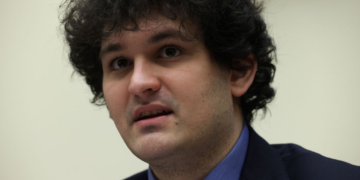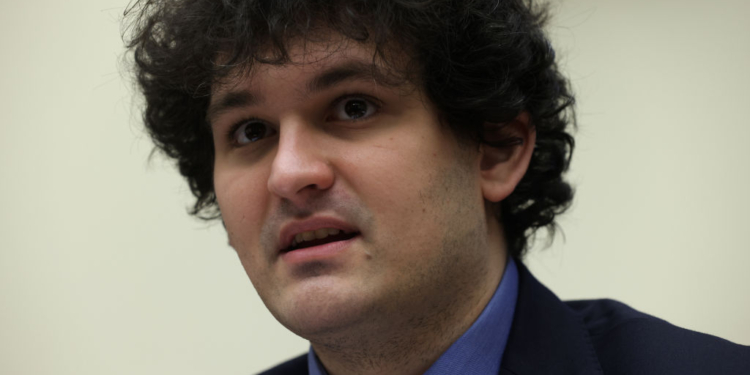FTX co-founder Sam Bankman-Fried was sentenced to 25 years in prison.
Bankman-Fried was found guilty of defrauding customers, lenders and investors, Yahoo Finance reported.
Bankman-Fried was in charge of the largest crypto collapse in history. U.S. Judge Lewis Kaplan announced the sentence in a Manhattan court Thursday, per the outlet.
The sentence was a fraction of what he faced — 110 years. Prosecutors wanted a sentence of 40 to 50 years. His lawyers wanted six and a half years.
In the end, Bankman-Fried, 32, admitted to making mistakes,
He said what happened at FTX “haunts me” and that “I made a lot of mistakes.”
As CEO, “I was responsible at the end of the day.”
Bankman-Fried’s lawyers argued that his crimes don’t equal that of Bernie Madoff, the leader of the largest Ponzi scheme in history, Yahoo Finance reported..
“Madoff stole from Holocaust survivors,” his lawyer said. “That is not Sam. He did not want to personally inflict pain on anyone in any way. Sam was not a ruthless financial serial killer. He wasn’t predatory. He makes decisions with math in his head, not malice in his heart.”
Those victims who lost everything because of the cryptocurrency exchange collapse asked for a harsh sentence.
“Kaplan had to weigh the billions that prosecutors say Bankman-Fried stole from FTX customers against claims made by FTX that those who were harmed may be fully repaid via FTX’s bankruptcy,” Yahoo Finance reported.
Lawyers for FTX told a bankruptcy court judge a repayment to the victims was “within reach,” according to the outlet, adding, the judge called this “misleading” and “speculative.”
In delivering his sentence, Kaplan noted the “brazenness” of his actions, his “exceptional flexibility with the truth” and “his apparent lack of any remorse,” per Yahoo Finance.
“He knew it was wrong,” the judge added.
The jury found that Bankman-Fried “deliberately stole up to $14 billion in customer deposits from his cryptocurrency exchange,” according to the outlet.
He was then allowed to spend that money on investments, loan repayments, political donations, and real estate.
“He spent his customers’ money, and he lied to them about it,” prosecutor Nicolas Roos said in the government’s closing argument.


























 Continue with Google
Continue with Google